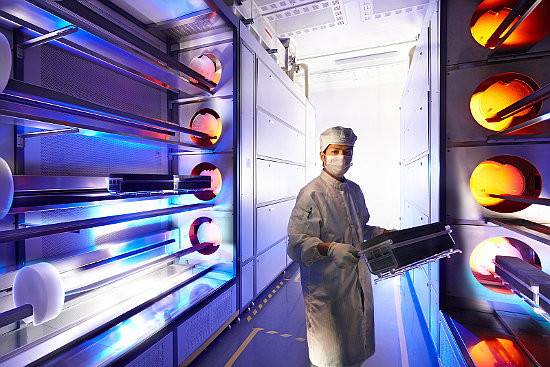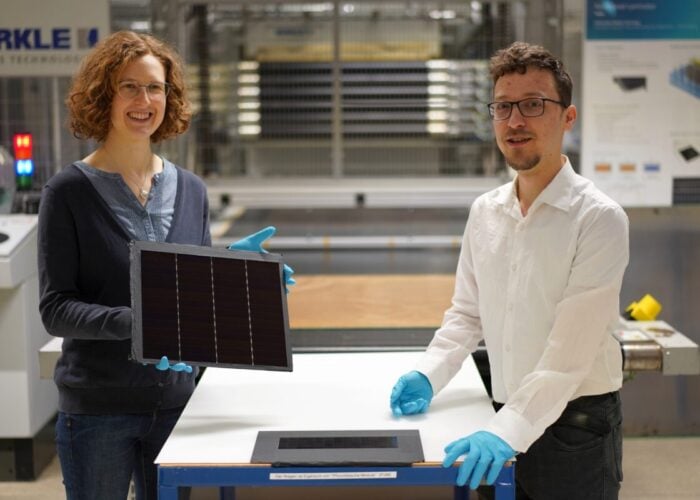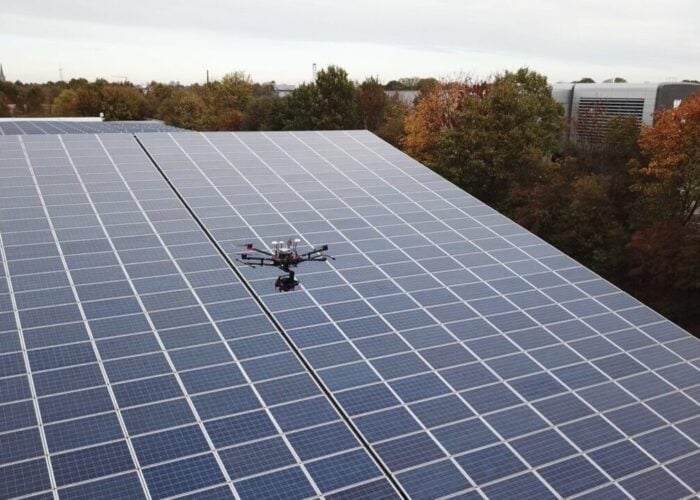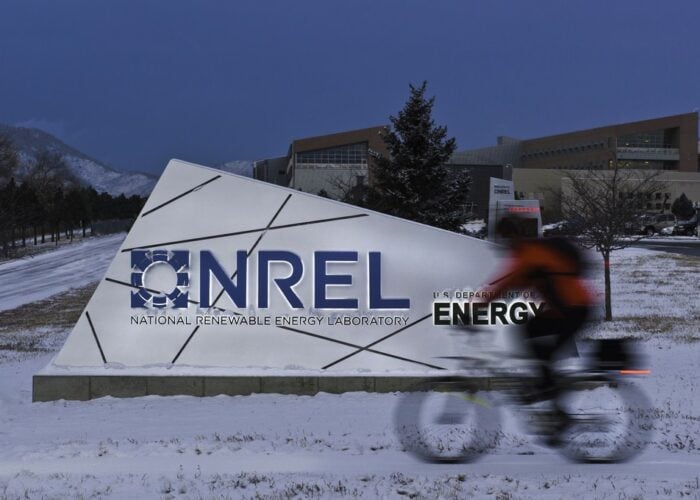
Researchers at the US National Renewable Energy Laboratory in the US have finalised the development of a new international quality standard for PV module manufacturing.
The standard is intended to increase levels of confidence among investors, utilities and consumers in the safety and reliability of PV panels.
Try Premium for just $1
- Full premium access for the first month at only $1
- Converts to an annual rate after 30 days unless cancelled
- Cancel anytime during the trial period
Premium Benefits
- Expert industry analysis and interviews
- Digital access to PV Tech Power journal
- Exclusive event discounts
Or get the full Premium subscription right away
Or continue reading this article for free
It marks the culmination of five years of work instigated under the PV Quality Assurance Task Force (PVQAT), spearheaded by NREL. The task force was launched to drive forward the development of a new universal quality standard for PV as it undergoes breakneck growth.
Module reliability is not defined or covered by the current IEC standards, so although modules may receive certifications under certain test conditions, those do not guarantee their reliability. The PVQAT set out to draw up new guidelines to deal with influences on a module such as raw materials and components, process control, testing regimes and staff training.
The new standard, which has been drawn up in collaboration with the IEC, details how manufacturers should improve their quality control, from addressing failure modes in design and production processes through to improved product traceability through the supply chain.
Once formally adopted by the IEC, the new standards will become the standard basis for audits of PV module manufacturers.






